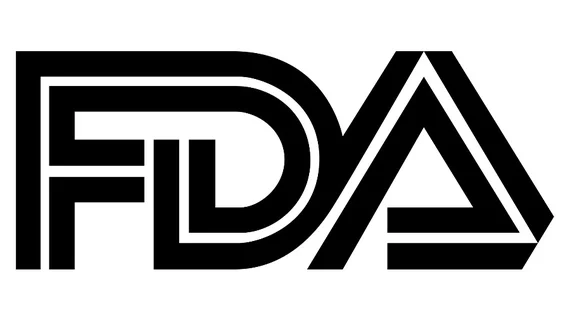FDA axes bid to add CVD indication for canakinumab
The FDA rejected Norvartis’ bid to expand the indications for canakinumab to include cardiovascular risk reduction among heart attack survivors, Reuters reported Oct. 18.
The drug, which goes by the brand name Ilaris, is already approved to treat rare inflammatory diseases. Its manufacturer hoped to broaden its use to patients with a history of myocardial infarction, who showed a 15 percent reduced risk of cardiovascular events during a median 3.7 years of follow-up in the CANTOS trial.
Some experts interpreted those results as evidence that anti-inflammatory drugs—not just cholesterol-lowering medications—are effective in preventing subsequent cardiovascular events. However, there was no significant difference in mortality between canakinumab and placebo medication in that trial, and the drug costs about $200,000 annually, according to Reuters.
The FDA sent a response letter to Norvartis informing the company its drug wouldn’t be approved for patients with heart disease.
“Based on the correspondence, the Cantos data would not support labeling for the use of canakinumab as a targeted therapy for those patients with cardiovascular disease who achieved a reduction of (high-sensitivity C-reactive protein) below the 2 mg/L target,” Novartis said in a statement.
However, canakinumab is currently being investigated for potential benefits in patients with non-small cell lung cancer, with Phase 3 trials expected to be completed in 2022.
Read the full story from Reuters below:

